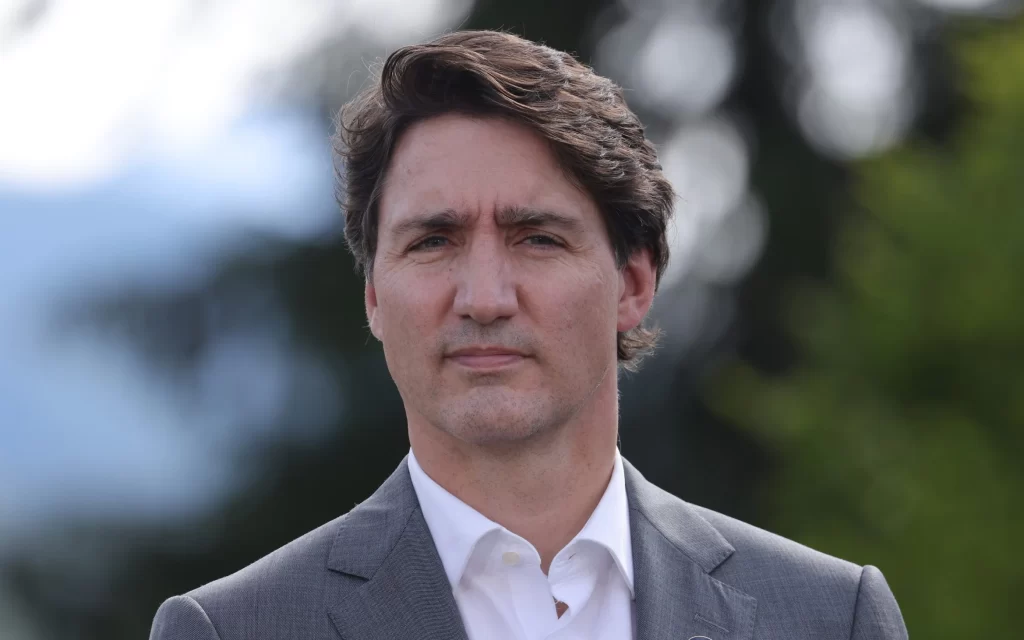On Tuesday, the Canadian government introduced a new tax on wealthy individuals expected to generate billions in revenue over the next five years, aimed at funding housing initiatives and appealing to disillusioned voters.
As part of its annual federal budget, Prime Minister Justin Trudeau‘s Liberal government announced measures to maintain the 2023/24 budget deficit at a steady level before anticipating a decline in subsequent years.
In the lead-up to the budget announcement, the government had already disclosed its housing strategies, with a significant update being the increase in the capital gains tax.
The budget further outlined plans to make government lands available nationwide for housing development.
Finance Minister Chrystia Freeland emphasized that this tax adjustment targets the wealthy, who gain disproportionately from capital gains, affecting only 0.13% of the population.
Under this new policy, capital gains over C$250,000 will be taxed at a rate of 66.7%, an increase from the current 50%.
This tax reform is projected to raise about C$20 billion by 2028-29, significantly reducing the fiscal deficit to C$20 billion, half of the previous year’s figure.
Trudeau’s minority government, supported by the New Democrats, faces pressure as recent polls suggest a potential defeat in the upcoming 2025 election.
New Democrats leader Jagmeet Singh has expressed his intent to review the budget thoroughly before committing his support.
Since April, the government has pledged nearly C$42 billion to address a housing crisis that has negatively impacted Trudeau’s political standing.
According to Robert Asselin from the Business Council of Canada, while the expanded tax base will support the government’s fiscal goals, he criticized the approach, suggesting it might drive investment away from Canada during a critical time.
Freeland reassured that the budget adheres to key fiscal policies set last November, including capping the 2023-24 fiscal deficit at C$40.1 billion, reducing debt relative to GDP by the 2024-25 fiscal year, and keeping the deficit below 1% of GDP from 2026-27 onward.
The budget also reflects a permanent increase in government spending to over 17% of GDP in 2023-24, as noted by Randall Bartlett of Desjardins Group, highlighting a shift in fiscal strategy not related to pandemic expenses.
With an unchanged economic outlook, the necessity for increased taxation to support this spending becomes evident.
Additionally, the budget includes plans for a digital services tax opposed by Washington and the introduction of framework legislation for open banking, aiming to provide a secure method for transferring financial data to approved third parties.
